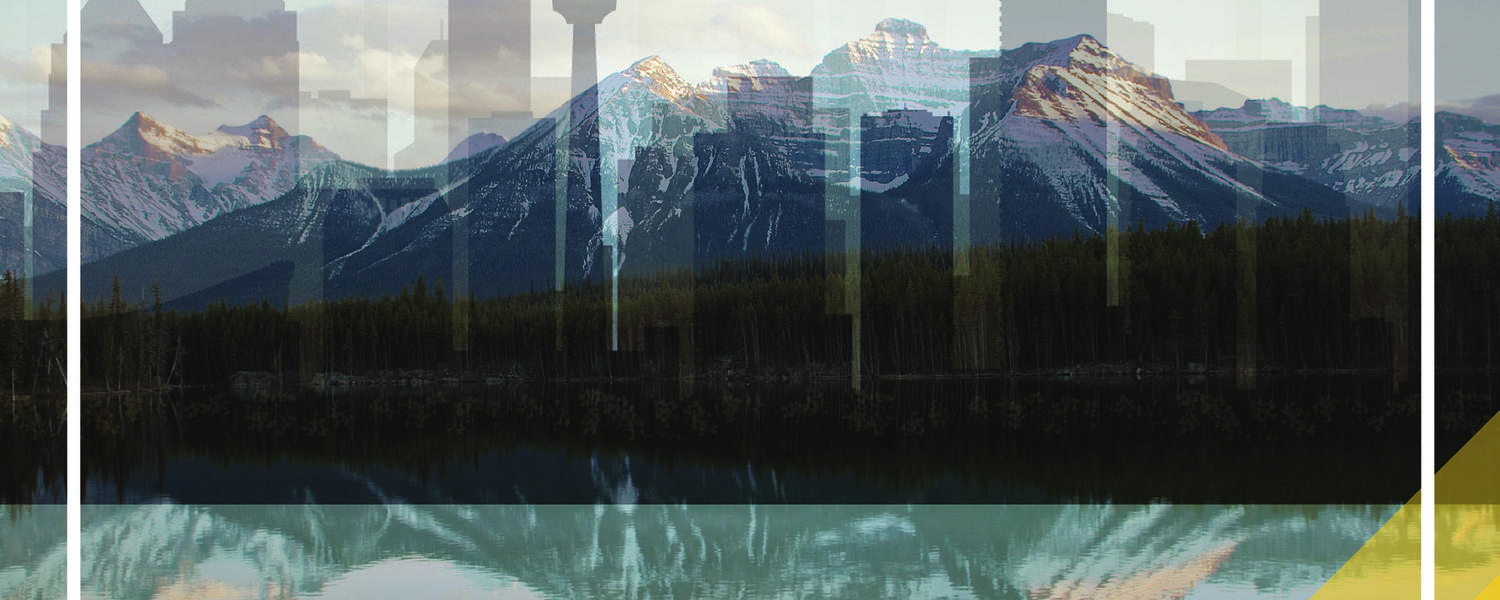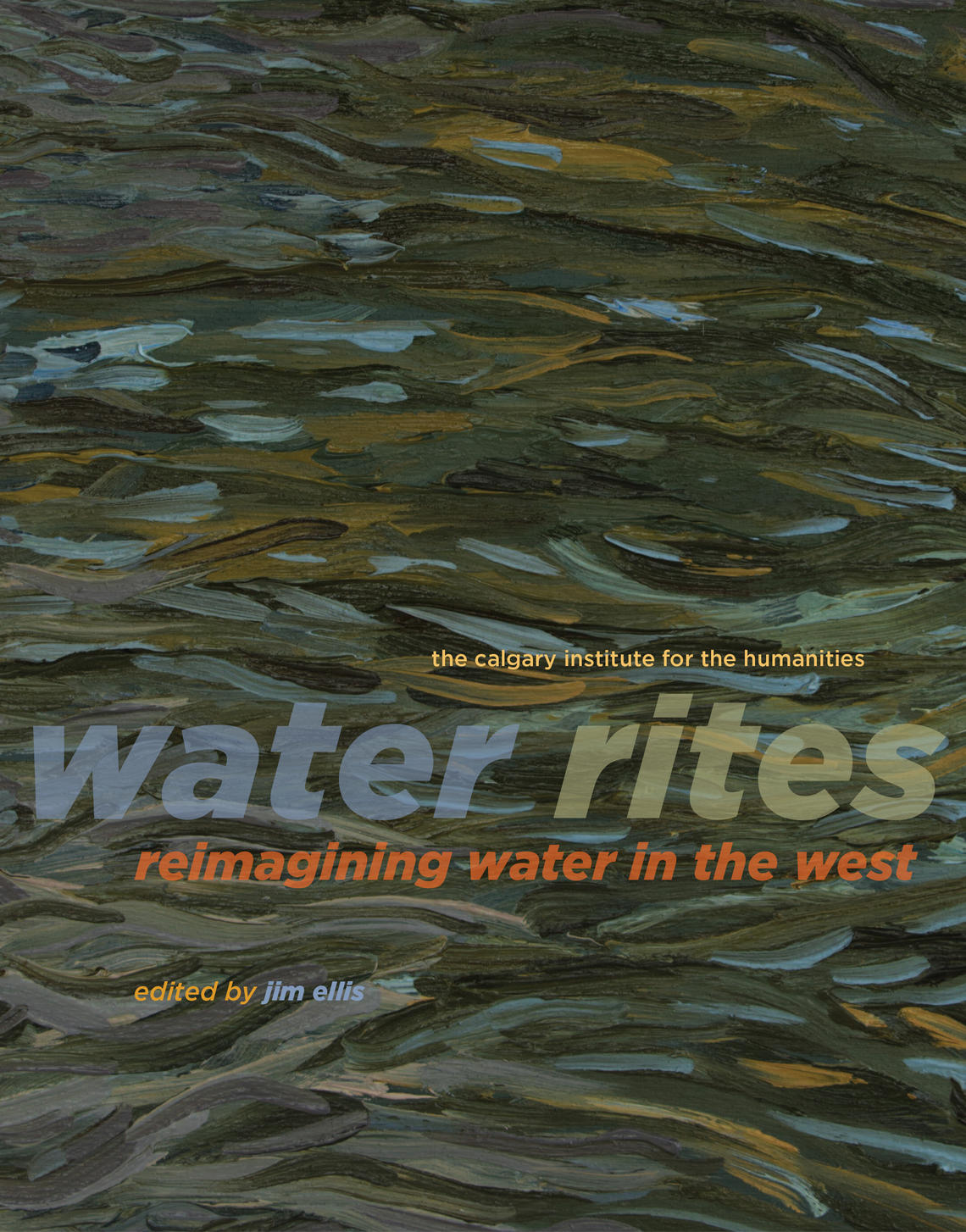Adrian Parr
Research interests: Water justice, cultural politics, environmental politics, political philosophy, feminist philosophy, contemporary continental philosophy.
Bio: Adrian Parr holds a joint appointment in the Department of Political Science and the School of Architecture and Interior Design, at the University of Cincinnati. She is an environmental, political, and cultural theorist, philosopher and critic. Her research focuses on environmental politics, water access, and the built environment.
In 2011, Parr received the distinguished Rieveschl Award for Scholarly and Creative Work. In 2013, she co-directed the Future Cities; Livable Futures symposium—a public event that provided a platform for attendees to share and discuss the future of urban life in topics such as sustainable urban development, increasing population, inadequate infrastructure, poor social services, escalating health problems, and challenges posed by climate change.
Born in Sydney Australia, her father, Mike Parr, and her aunt, Julie Rrap, are contemporary Australian artists who introduced Parr to the world of radical and activist culture at an early age. She attended elementary school for a period in Vienna, Austria and as a child traveled with her parents throughout the former East Bloc and West Europe.
Theme Related Work: In 2013 Professor Adrian Parr and Professor Dion Dionysiou, also with the University of Cincinnati, were appointed as UNESCO Co-Chairs of Water Accessibility and Sustainability.
Publications
Parr, A. (2015). The Wrath of Capital: Neoliberalism and Climate Change Politics – Reflections. Geoforum, 62, 70–72. http://doi.org/10.1016/j.geoforum.2015.03.012
Parr, A., & Zaretsky, M. (2010). New Directions in Sustainable Design. Routledge. Retrieved from https://books.google.ca/books?id=839eBwAAQBAJ&dq=water+unesco+adrian+parr&lr=&source=gbs_navlinks_s
Parr, A. (2009). Hijacking Sustainability. International (Vol. 22). MIT Press. https://mitpress.mit.edu/books/hijacking-sustainability
Parr, A. (2005). The Deleuze Dictionary. Edinburgh: Edinburgh University Press. Retrieved from https://books.google.ca/books/about/The_Deleuze_Dictionary.html?id=OsVOy4s1QLMC&redir_esc=y


